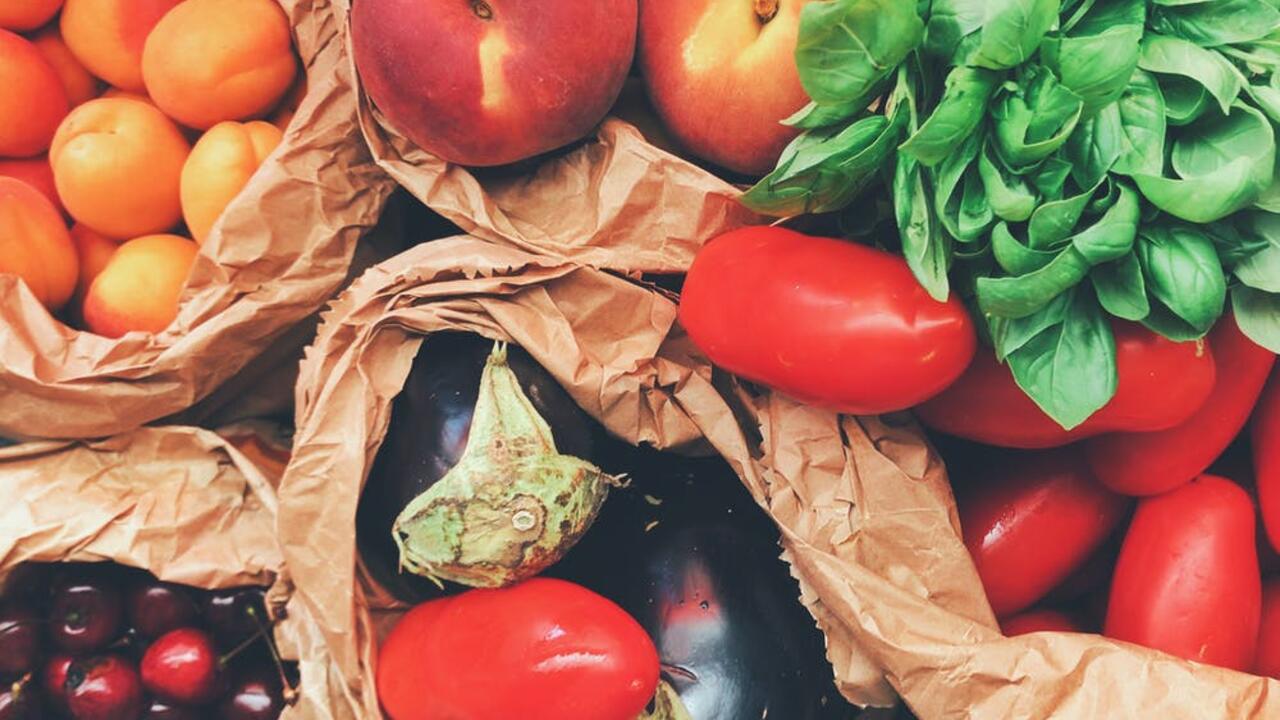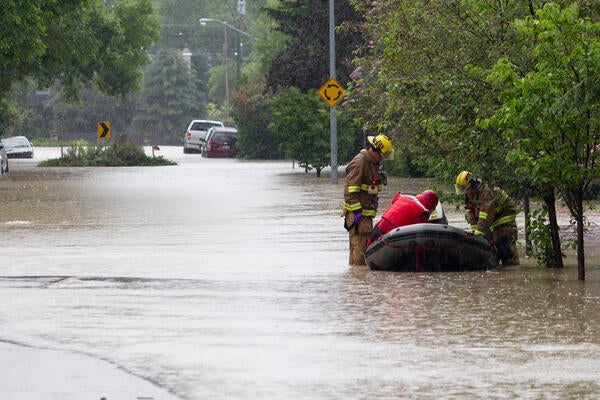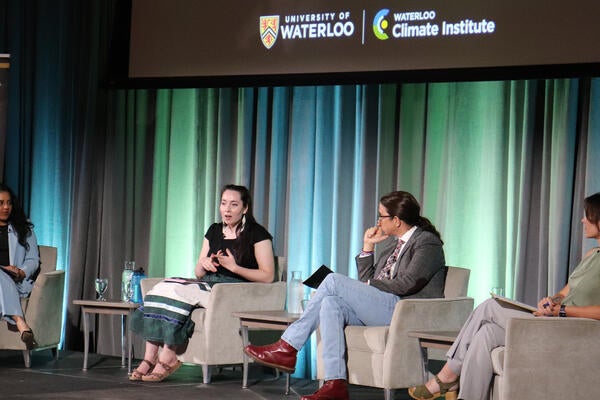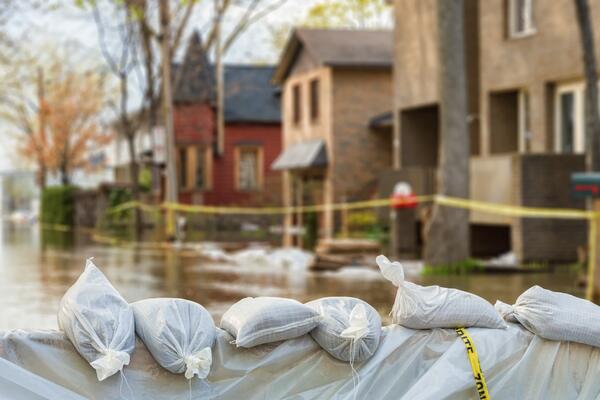
New UN report calls on governments to urgently address food insecurity
A new report from the UN Committee on World Food Security’s High Level Panel of Experts on Food Security and Nutrition (HLPE) has identified actions that governments can take to move their countries closer to the goal of eliminating hunger by 2030.







